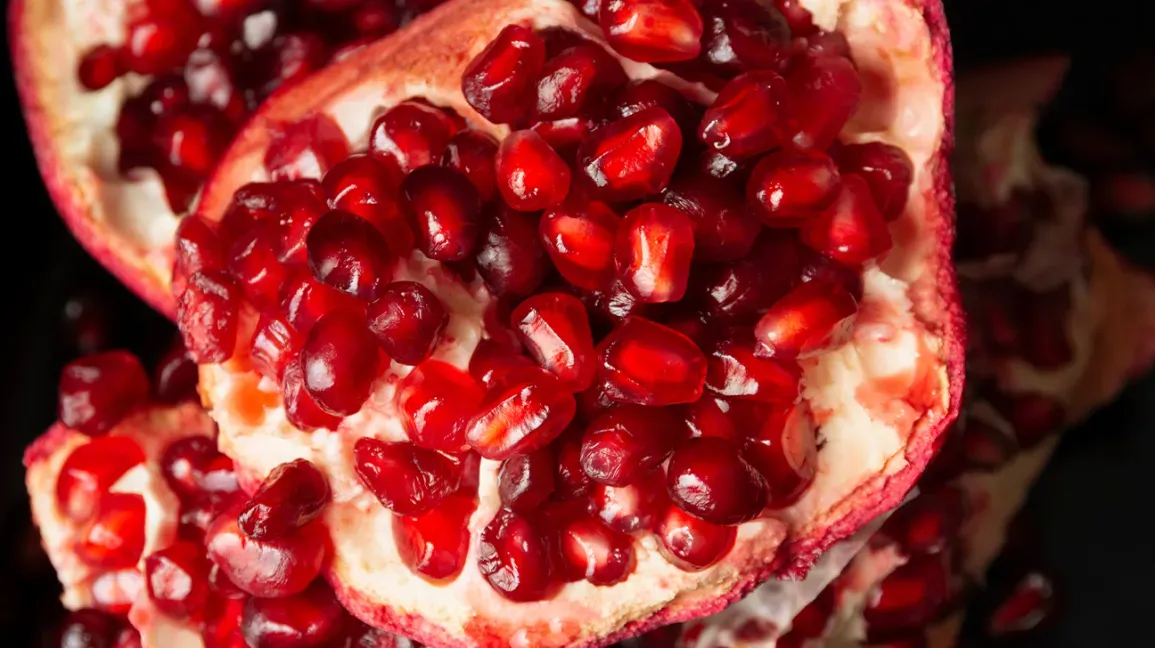Where Are Antioxidants?

Now that we’ve established why antioxidants are so great, the next question is: where do you get them?
Our bodies produce some antioxidants on their own. However, this needs to be supplemented with antioxidants from foods. Below are a few tips to help you increase your antioxidant intake to ensure you’re getting enough:
- The most antioxidant rich foods are derived from plants, such as fruits, vegetables, nuts and wholegrains. Include more of these foods into your diet in the form of snacks, smoothies or side-dishes.
- When consuming fruits and vegetables, try to consume them with the skins on whenever possible. Fresh, running water is usually enough to clean the skins, but if you have concerns about pesticides, you could soak your produce in a solution of vinegar and baking soda.
- Pay attention to the colors on your plate. Is it brown and sad-looking? Make it colorful (with healthy whole foods, of course)! A colorful plate will give you more antioxidants. Examples of colorful antioxidant rich foods you can add to your plate are blueberries, beets, raspberries, strawberries, red or purple spinach, kale and carrots.
- Spice up your food! Clove, ginger, cumin, oregano, turmeric, allspice and thyme have high antioxidant content.
- Have a cup of tea or coffee everyday. Both beverages - and their types - are high in antioxidants, so you can pick whichever one suits your taste. If you’re really aiming to get the most antioxidants though, medium roast coffee, green tea and matcha tea are recommended.
- Use vegetable oil when cooking and dressing salads instead of butter, margarine or other sauces.
If you’re looking to increase amounts of specific antioxidants, a list of the foods that they can be found from is available on Better Health Channel's page on antioxidants.
You’ll notice that certain vitamins and minerals are listed as antioxidants, which can make the distinction between antioxidants, vitamins and minerals somewhat confusing. It is important to realize that ‘antioxidant’ is a general term used for all substances that can neutralize free radicals. Certain vitamins and minerals can also neutralize free radicals, which is what makes them antioxidants as well.
Antioxidant supplements are available on the market. These are advertised as being able to yield the same health benefits as foods containing the antioxidants - making them very popular, as having a supplement is definitely easier than actually preparing meals that aim to have high antioxidant content.
However, research shows that taking antioxidant supplements can actually be bad for you. This is because these supplements contain antioxidants in a highly concentrated form, so that when you consume them, you’re getting 70-1660% of the recommended daily value. Having such an excessive amount of antioxidants in your body can lead to side effects such as:
- Increased risk of cancer - I know this contradicts what I said earlier in this article, so I want to emphasize that the risk of cancer only increases when you take super high doses, which is what you do when you take antioxidant supplements. It has been found that taking high doses of particular antioxidants increases the risk of certain cancers; for example, taking vitamin E supplements increases the risk of developing prostate cancer.
- Increased risk of certain physical conditions - using the same example as earlier, vitamin E supplements may also increase the risk of having a heart attack or stroke.
- Reduced exercise performance - some sources even say that antioxidant supplements can cancel out the benefits of exercising.
On top of that, studies have found that antioxidants from supplements don’t even function as effectively in our bodies compared to antioxidants from our diet. So, it’s best to forgo the supplements and prioritize getting your antioxidants from the food you consume, even if it means putting in more effort. It’s worth it!
Online resources (like this one) can give pretty good guidelines for how to adjust your diet to include more antioxidants, but it’s always best to meet your doctor or nutritionist to get a personalized diet plan for yourself.
